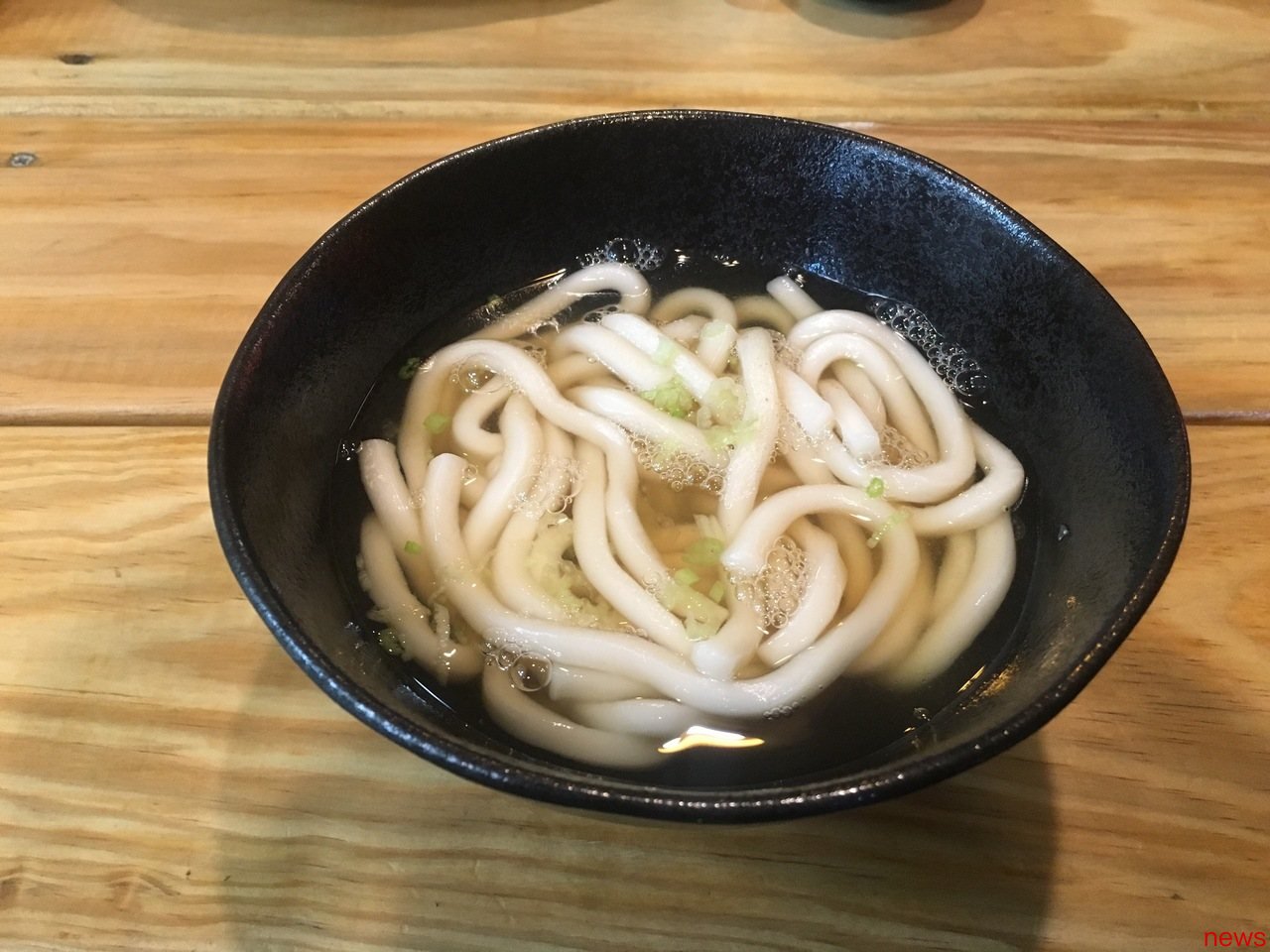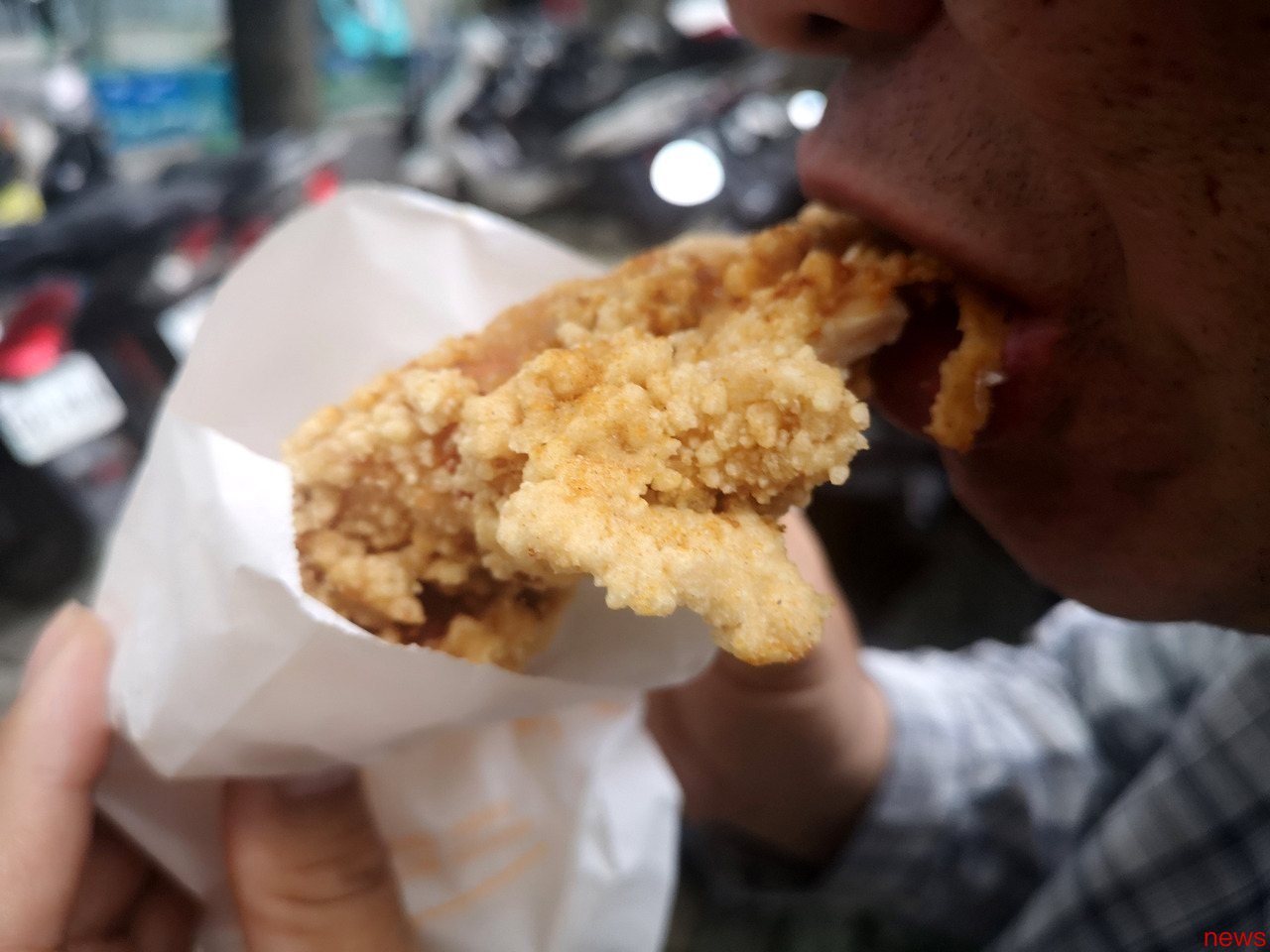Many people start to restrict carbohydrate (saccharide) in order to reduce weight. The excess carbohydrate in their body will not only cause obesity, but will also increase the risk of various diseases such as post-meal hyperglycemia, sclerosis, can...

Many people start to restrict carbohydrate (saccharide) in order to reduce weight. The excess carbohydrate in their body will not only cause obesity, but will also increase the risk of various diseases such as post-meal hyperglycemia, sclerosis, cancer, and dementia. However, it is not enough to simply reduce the consumption of carbohydrates. Japanese nutritionist Jomi Oyao introduced the correct nutrition knowledge needed by humans in his book "How to Eat without Aging, Not Stay, Not Getting Sickness Is Not a Sickness"
Carbohydrates are energy sources, not "nutrition".Although it is often said that "protein, fat, and carbohydrates are the three major nutrients", the properties of carbohydrates are actually different from those of the other two.
Protein and lipids are essential nutrients for the human body, but carbohydrates are not essential nutrients. And except for type 1 diabetes patients, only carbohydrates can increase blood sugar levels. For humans, carbohydrates are not essential nutrients, that is, we can still survive even without taking carbohydrates.
"Nutrition" refers to the essential substances for maintaining life, such as protein and lipids that form the human body, which is "Nutrition". Vitamin and minerals also belong to the "nutrition" range (protein, fat, carbohydrates plus vitamins and minerals are collectively called "five major nutrients").
So what are the functions of carbohydrates? It is the "energy" used to drive human bodies. Maybe someone wants to limit carbohydrates and don’t you have no energy to exercise? In fact, this is not the case, because the human body has an energy source that can replace external carbohydrates, which is our own body fat. If the body fat rate is in two digits, its heat can reach hundreds of thousands of calories, which is enough to cover the energy required for daily activities.
If you eat a slice of toast for breakfast and whipped noodles for lunch, your weight will naturally increase gradually after a long period of time. When carbohydrates are taken too much, the vitamins and minerals required to convert into energy will also be insufficient. Carbohydrates that cannot be converted into energy will be stored in the form of fat. Moreover, since carbohydrate energy enters the body continuously, the body does not have the chance to convert body fat into energy for use.

Humans like carbohydrate is due to instinctive needs. When eating carbohydrate, the brain will secrete β-endorphins that make people feel happy. But if you listen to the instinct that you take carbohydrates from your instinct, you will eventually not be completely consumed, and it will turn into "toxic" in your body. Among the three major nutrients, only carbohydrates are not nutrients but energy. In addition, it has another unique characteristic, —— to increase blood sugar. When a lot of carbohydrates are taken, the blood sugar level is high for a long time after a meal. This condition is called "post-meal hyperglycemia", and too much sugar can damage blood vessels.
In order to protect blood vessels, the body will first use the sugar in the blood as the energy for cell activity. Compared with body fat, the carbohydrates that just enter the body are converted into energy by insulin, which is precisely to protect blood vessels. However, if there is a lack of nutrients such as vitamins and minerals, the conversion cannot be completed successfully. These inverted sugars will eventually be stored in the body in the form of fat.
Carbohydrate restrictions should shift from "weight loss" to "extend healthy life"Before carbohydrate restrictions restrict the habit, weight loss is mostly based on "reducing heat intake", so it is necessary to forcefully reduce your appetite; even if you lose weight hard, you often overeat due to pressure explosions, resulting in fat loss.
In the past, fat loss was mainly about fat, with a heat increase of up to 9 calories per gram; while protein and carbohydrate limit were 4 calories per gram, so people believed that both of them could be eaten with peace of mind. But this kind of weight loss method that only looks at the heat and ignores the essence of nutrients is actually very dangerous.
In contrast, the concept of carbohydrate restriction is to "reduce nutrients (carbohydrates) that cause obesity", so there is no need to strictly limit your intake. It is precisely because it can eat and lose weight that the carbohydrate limit was once labeled as "you can lose weight even if you eat."
There is no need to let yourself eat until you are 60 years old, and maybe you can eat until you can't move when you are 20 or 30 years old, but by this age, most people can no longer do this.
In order not to overload the digestive and absorbing organs, it is recommended to "eight-centi-flour" for carbohydrate restrictions after the age of 60. If you eat light dinner earlier and extend the fasting period through sleep time, you may also start the activation of the prolonged gene "Sirtuin" (Long-lasting gene). This gene is considered to be related to aging and life-saving, and "emptiness" is an important condition for activating it.
Eighth Fen and not eating staple foods are the strongest carbohydrate restrictions, but if the protein quality is also reduced, there will be problems. Therefore, it is recommended to supplement some protein concentrations at 10 am and 3 pm.
As the age increases, the digestive and absorption capacity gradually decreases. For example, if you have boiled eggs in water, you don’t need to finish them in one go. You can eat half of the morning and eat your partner at 10 o’clock. Considering the nutritional loss caused by the remuneration time, sweat, urine and stool required after eating, a small amount of nutrient intake is the more suitable diet for the body after the age of 60.